Outlet plug covers are safety additions that help prevent electrical shocks from uncovered electrical outlets, which can cause accidents and injuries. Water splash, temperature (hot and cold), temperature changes (freezing), and weather are all hazards from which electric plug covers protect power outlets. Read More…
Our customers find we have the highest standards when it comes to quality, and delivery. Quail Electronics is a worldwide power cord supplier, offering power cords and various other products.
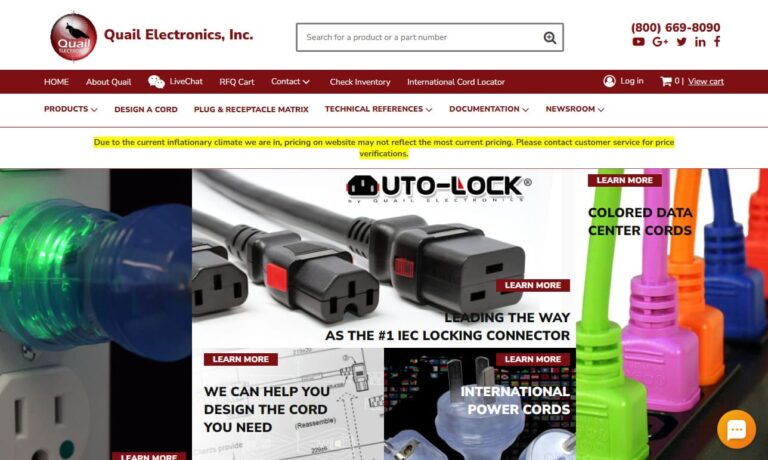
All of our power cords are tested and stand up to rigorous demands of everyday application. We serve a global market including the United Kingdom, Ireland, Germany, Switzerland, Austria and of course the United States.
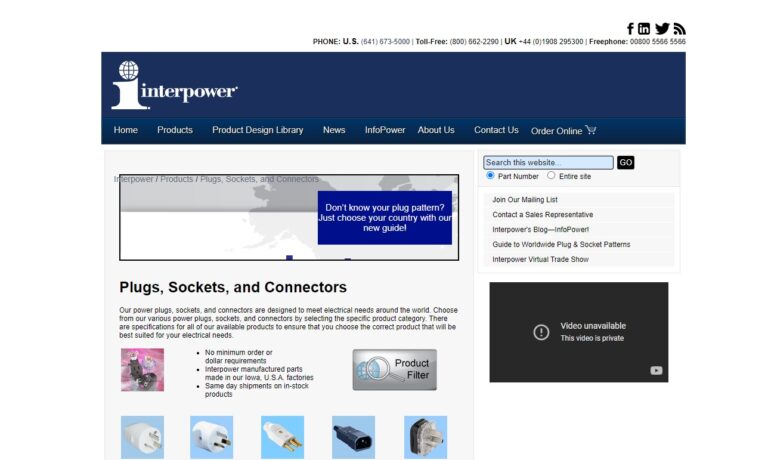
Our plug adapters are guaranteed to bring you a lifetime of value. Our staff is committed to bringing you only the most reliable products that are available. We will find solutions for your cord needs regardless of how difficult the job may be.
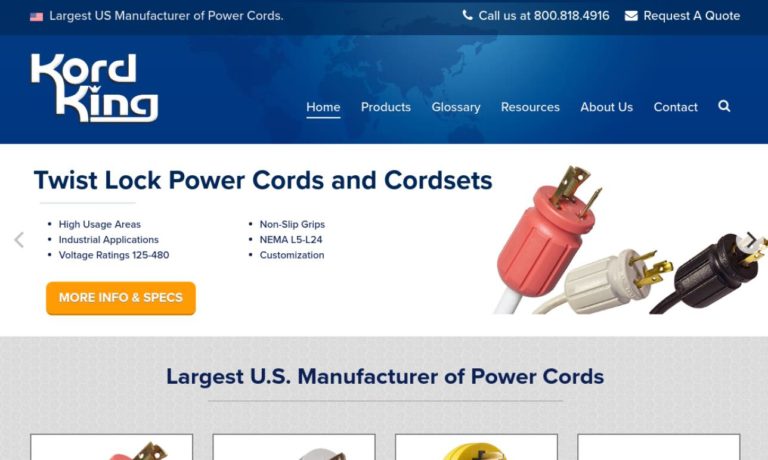
At Conntek, we have many years of experience manufacturing electronic connectors for a variety of industries. We believe in offering a variety of services to our customers, and we extensively test all of our products for multiple environments. You can learn more about us when you contact us today or visit us online! We can't wait to hear from you!
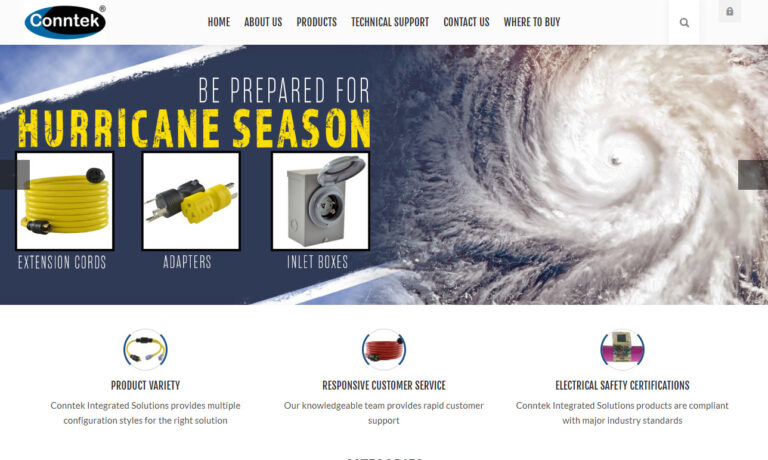
Qualtek Electronics is a RoHS compliant & ISO 9001:2000 certified supplier of power components including cordsets, international and domestic power cords, circuit breakers, AC receptacles and more. We also provide fan accessories, heat shrinkable tubing, EMI power line filters and cable assemblies.
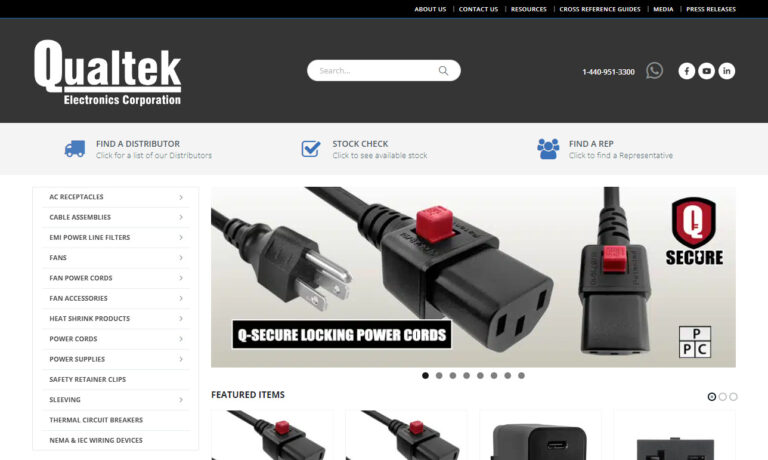
More Plug Cover Manufacturers
Types of Plug Covers
The types of plug covers include:
Dummy Plugs
Electrical outlets should be childproofed for safety reasons. They keep the inside of 2- or 3-prong NEMA 1-15R power socket outlets clean, dust-free, and safe. In addition, outlet covers should meet agency compliance and UL flammability rating and provide a secure fit to safeguard female power outlets.
Examples of dummy plugs include:
- Actual plugs or caps that slot into outlet plate holes.
- A self-closing cover design that glides open when the outlet is to be used.
- A box outlet cover type is constantly plugged in until the outlet is used.
The most popular type of safety cover is one that is tamper-proof and designed to keep newborns and small children safe from outlets that may shock them. Dummy plugs may be attractive, but they should all be too large for a young child to choke on, difficult to remove for a young child, and replaced with a new safety cover when removed to use the outlet.
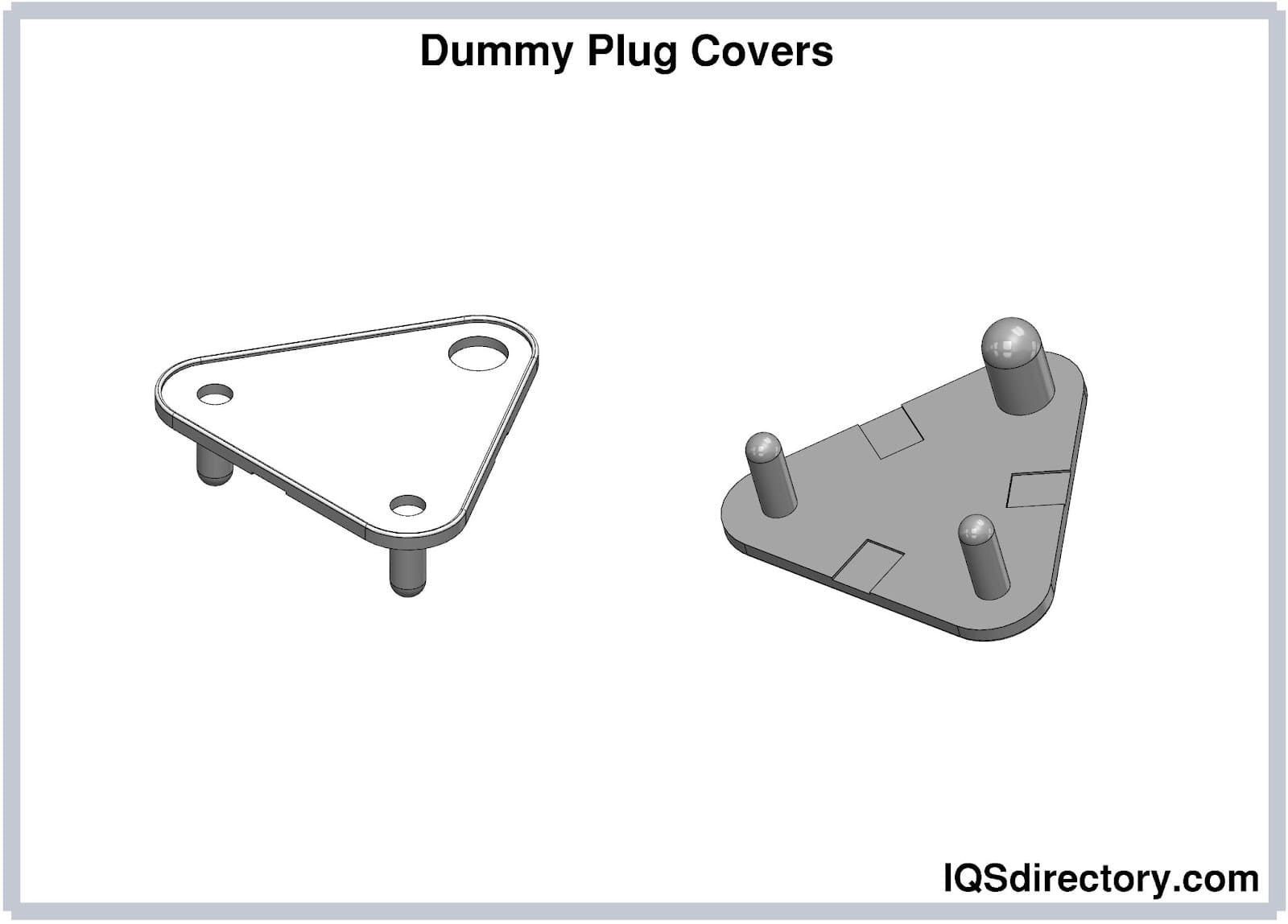
Weatherproof Plugs and Plates
Weatherproof plugs and plates are gasketed, self-closing, and regularly utilized in moist or damp settings. Low-profile, box-mounted waterproof panels protect them from fine particle penetration and splashing. Weatherproof plugs are non-corrosive and constructed of a robust, sealed substance.
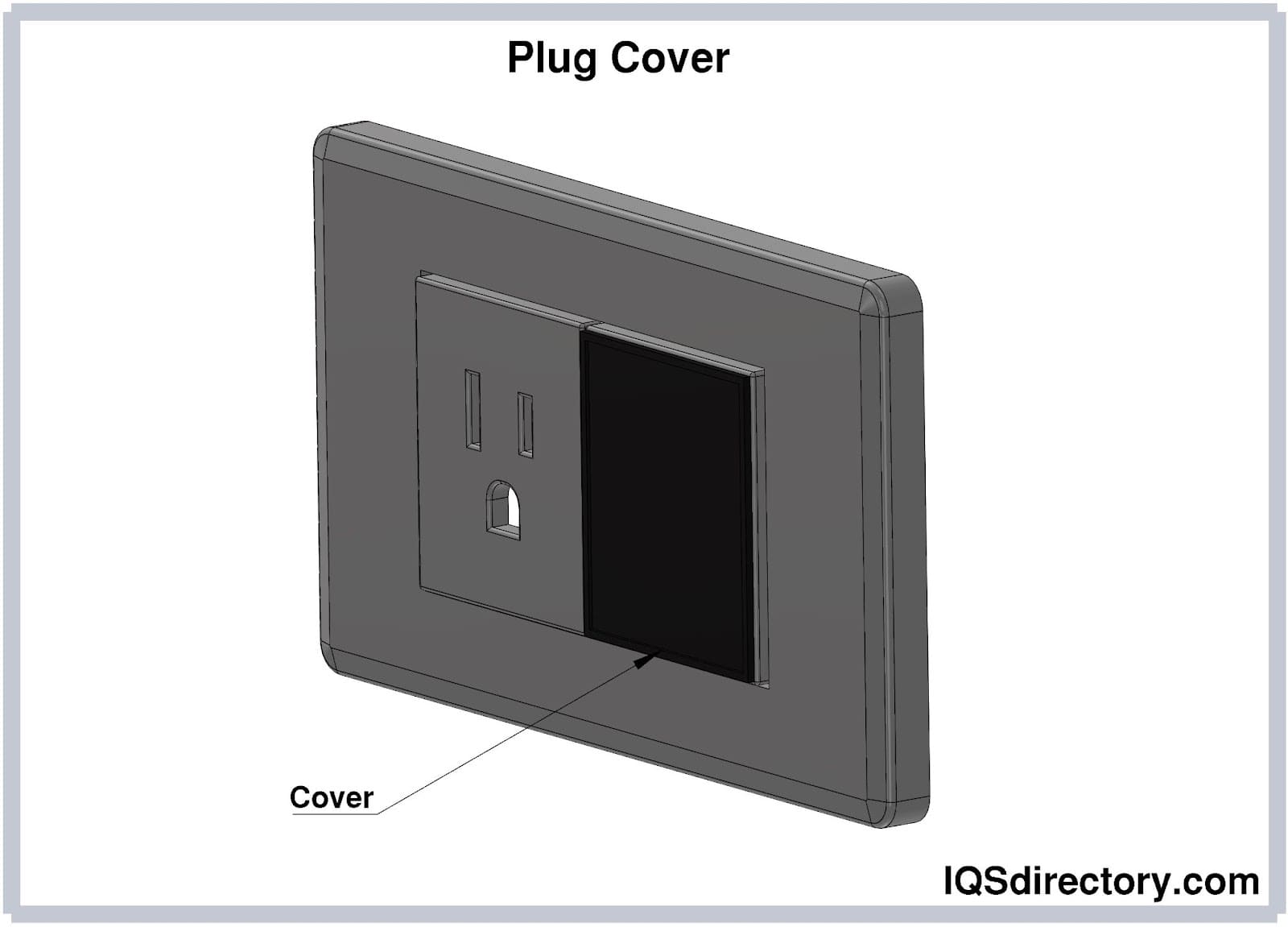
Plugs and Plates With Twist-Lock
These plugs and plates are intended to reduce the number of disconnections. For convenient connection, one-piece locking plugs, connectors, and receptacles terminate wiring.
Dust-Resistant Caps
Dust-resistant caps protect female DC power jacks and male DC power plugs against physical harm, filth, dust, grime, and liquids with a secure fit.
Materials Used to Make Plug Covers
Stainless steel, zinc die-cast aluminum, and commercial grade thermoplastic elastomers such as ethyl vinyl acetate (EVA), polyethylene (PE), and polypropylene (PP) are often used in the manufacture of plug socket covers. Each material is designed for applications requiring specialized environmental and weather resistance and safety features.
- Stainless steel is chemically resistant and anti-corrosive.
- Commercial grade (zinc die cast) aluminum is a highly oxidation-resistant industrial material with good electrical and thermal conductivity.
- Thermoplastic elastomer (EVA) is a type of thermoplastic elastomer that is exceptionally flexible and resistant to cracking at low temperatures.
- Polyethylene (PE), a typical industrial thermoplastic, has better electrical characteristics but has a lower temperature resistance.
- Polypropylene (PP) is one of few materials with exceptional bi-axial strength, cold flow, and yield elongation.
- When enhanced chemical resistance to chemicals such as oils and hydrocarbons is required, less common natural rubber and styrene butadiene (SBR) materials are utilized.
Applications of Plug Covers
- Plug Covers for Safety in the Home: They could have a smooth, non-grip shape that blends in with most ordinary outlets and decor, making them less noticeable to children. Most are made to fit into three-prong electrical duplex outlets that aren't in use. Automatic closure is a feature of sliding outlet cover designs. Most auto-close safety plug covers have single-screw thermoseal gaskets that save electricity.
- Indoor Electric Plug Covers: They protect exposed electrical outlets and plugs, whether or not they are in use. They're also used to keep electric plugs from slipping out of outlet sockets or getting crushed behind closed doors and furniture. The tamper-proof outlet plugs are large enough to accommodate a nightlight. They are childproof, with an almost indestructible plastic housing.
- Non-Shrouded Locking Connectors of Industrial Grade: They're usually made of tough rubber or thermoplastic materials that can withstand impact and abrasion. Antimicrobial additives are used in industrial-grade models to help prevent microbial development and contamination. Industrial-grade locking connections are usually grounded and can be re-wired for numerous applications with ease.
- Non-Shrouded Locking Connectors of Marine Grade: These are made with non-corrosive materials and a ribbed nylon housing that is impact and crush resistant. Stainless steel shrouds protect the plug blades. Connector/device compatibility is ensured via chrome-plated brass nosepieces.
Choosing the Right Plug Covers Manufacturer
To make sure you have the most constructive outcome when purchasing Plug Covers from a Plug Covers Manufacturer, it is important to compare at least 5 or 6 Companies using our list of Plug Covers manufacturers. Each Plug Covers Supplier has a business profile page that highlights their areas of experience and capabilities and a contact form to directly communicate with the manufacturer for more information or request a quote. Review each Plug Covers business website using our patented website previewer to get an idea of what each company specializes in, and then use our simple RFQ form to contact multiple Plug Covers companies with the same quote.

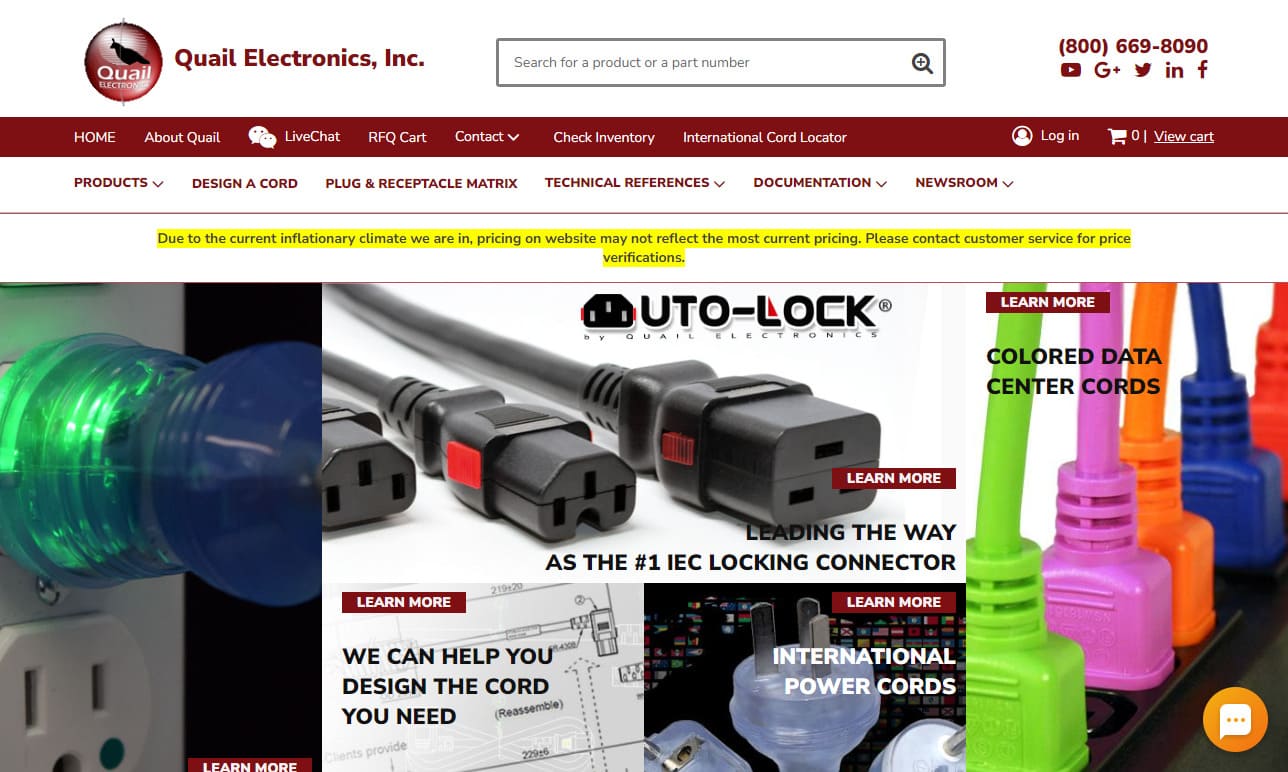
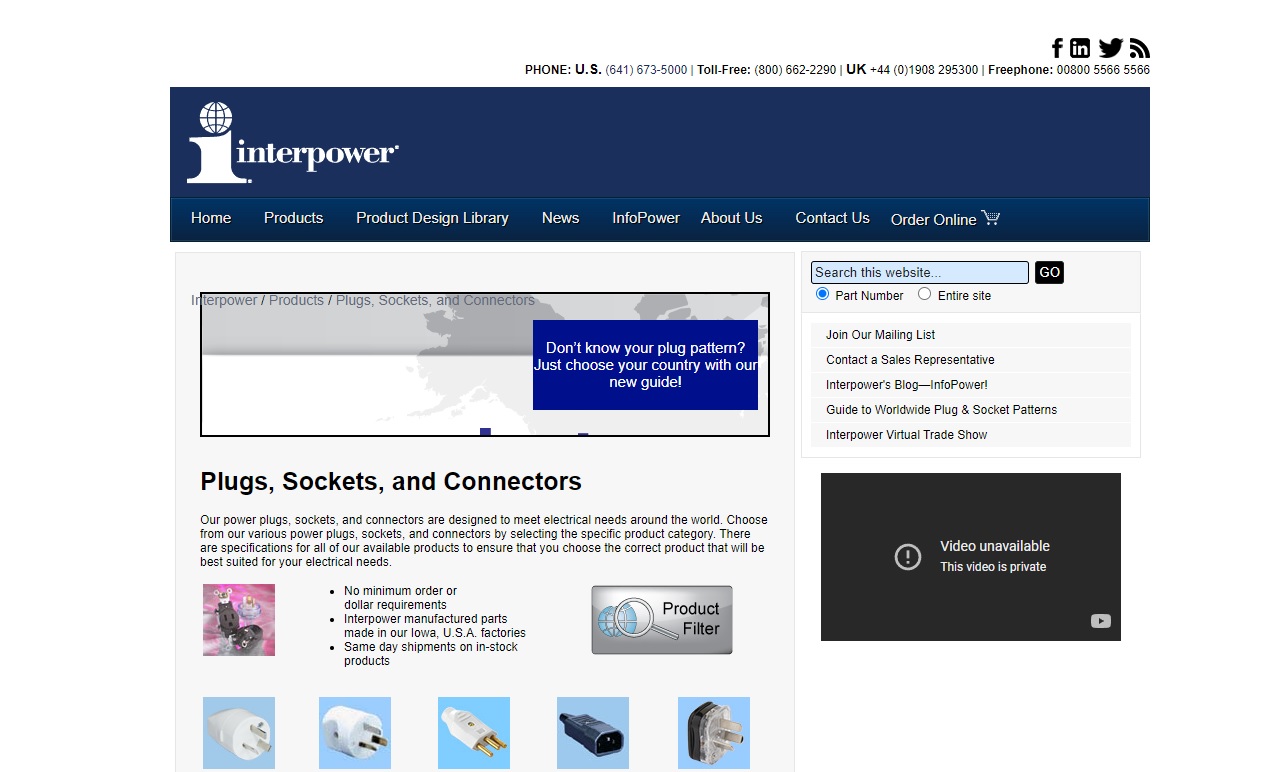
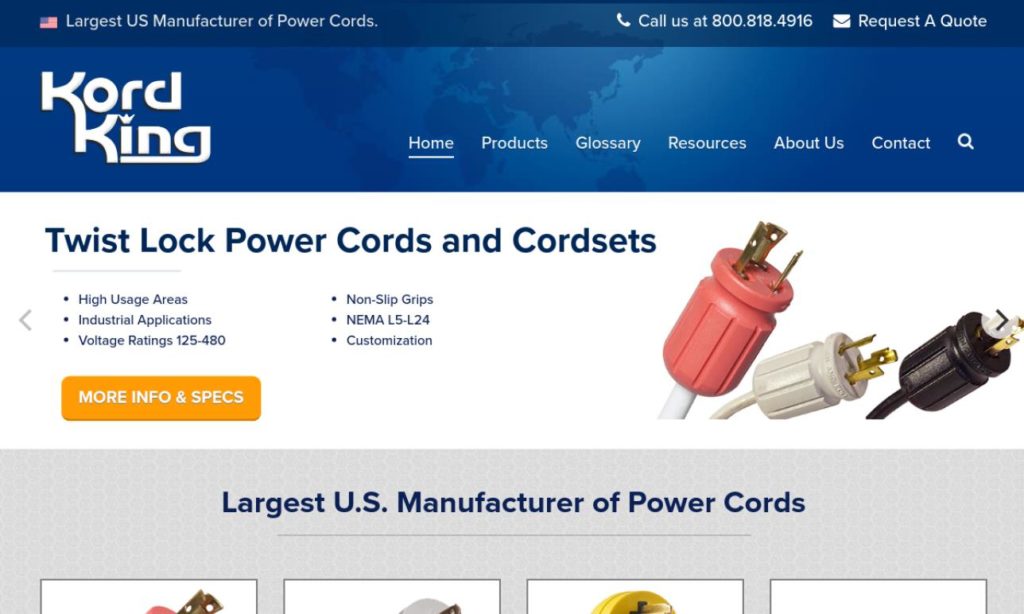
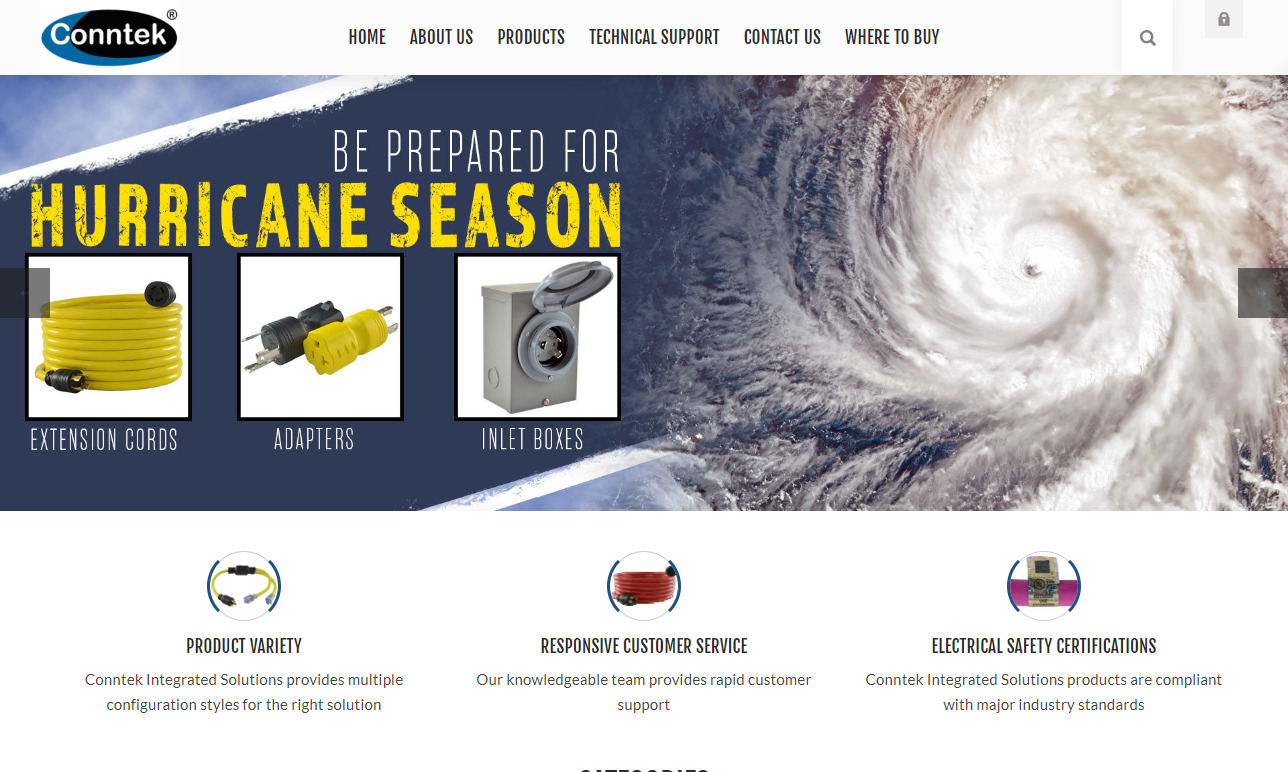
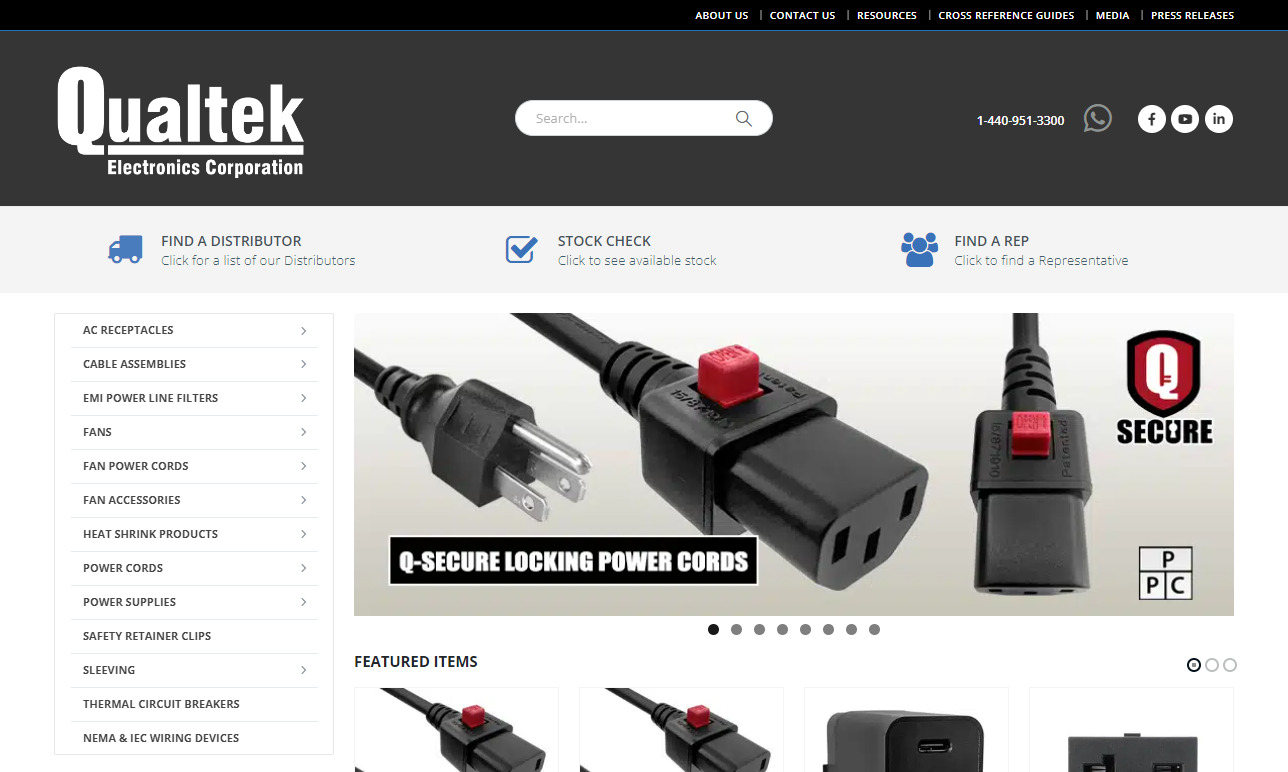
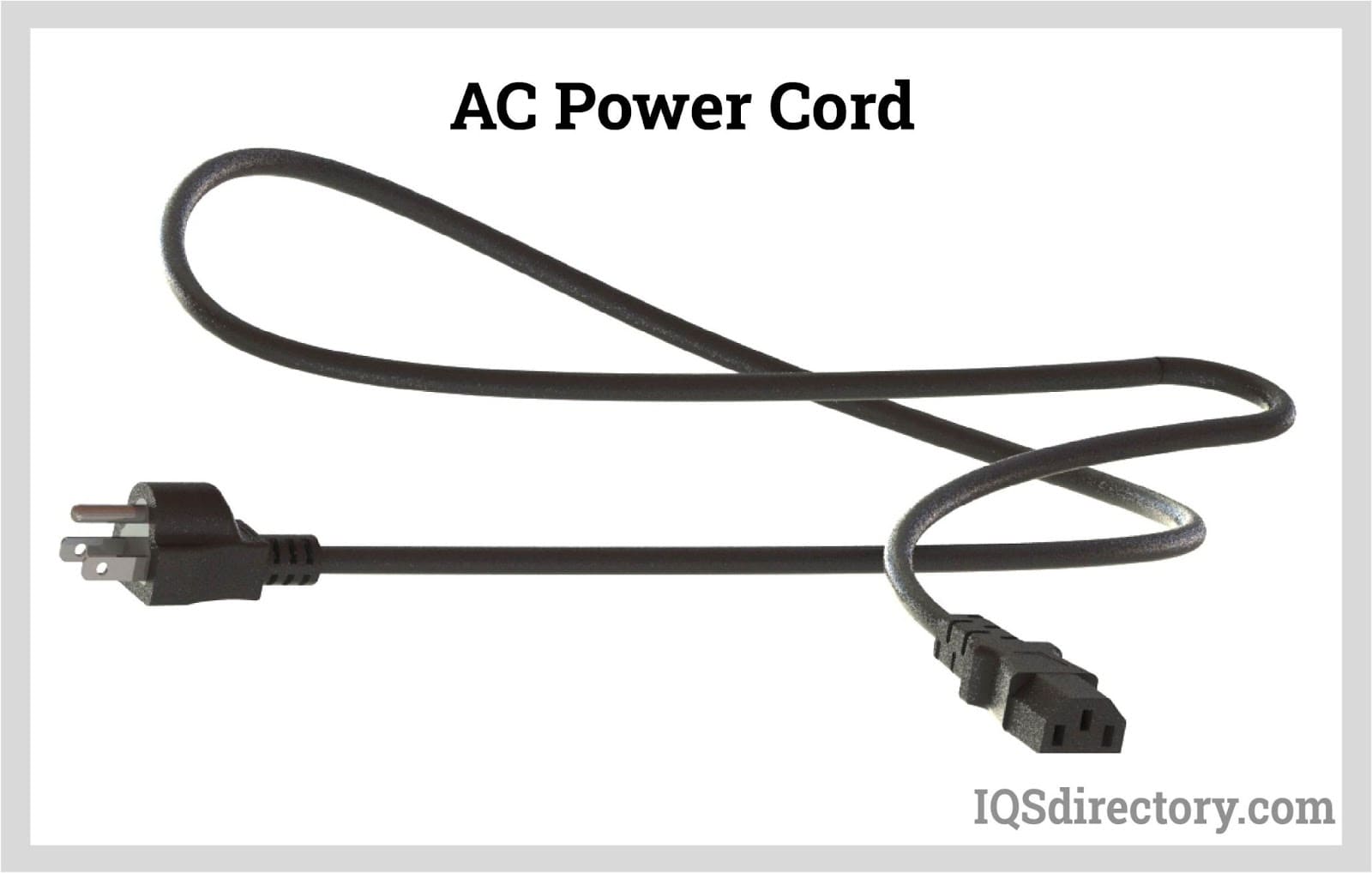
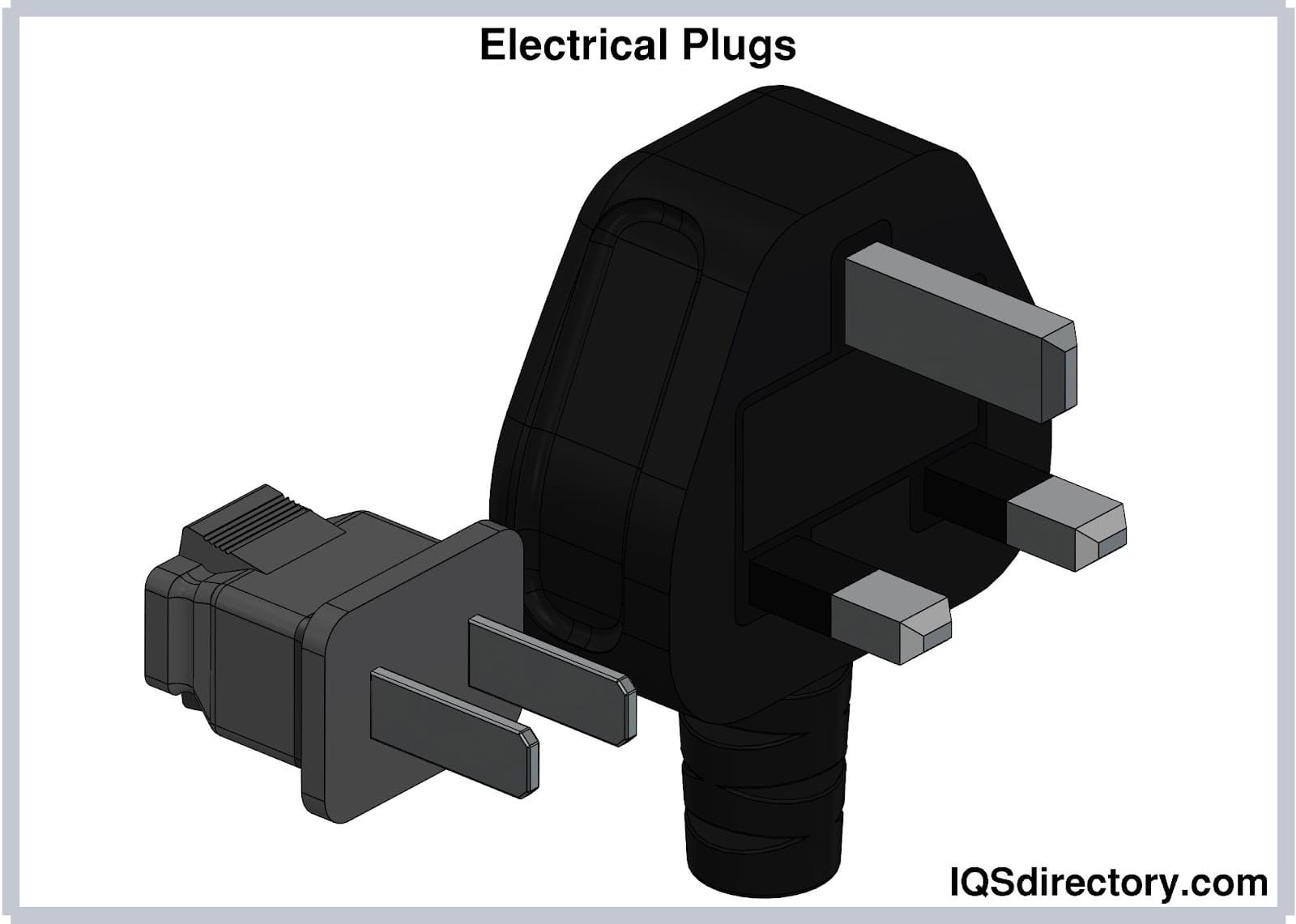
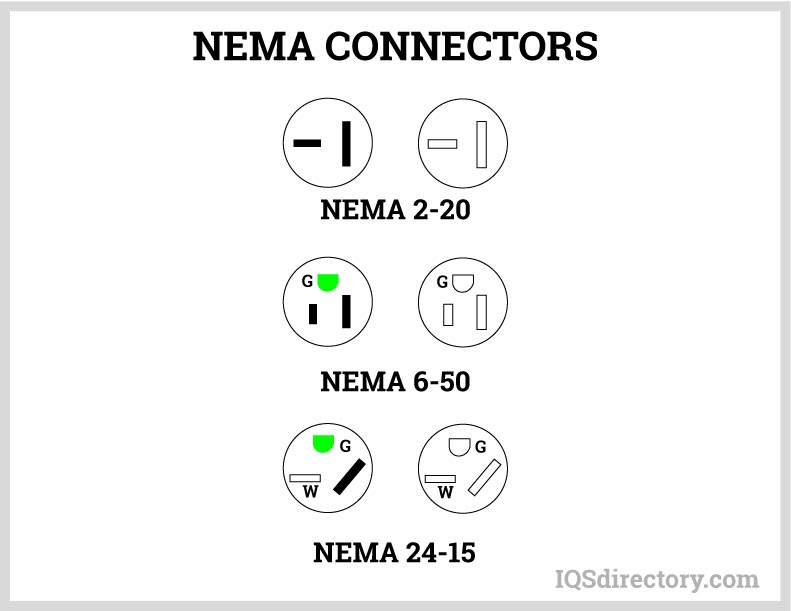
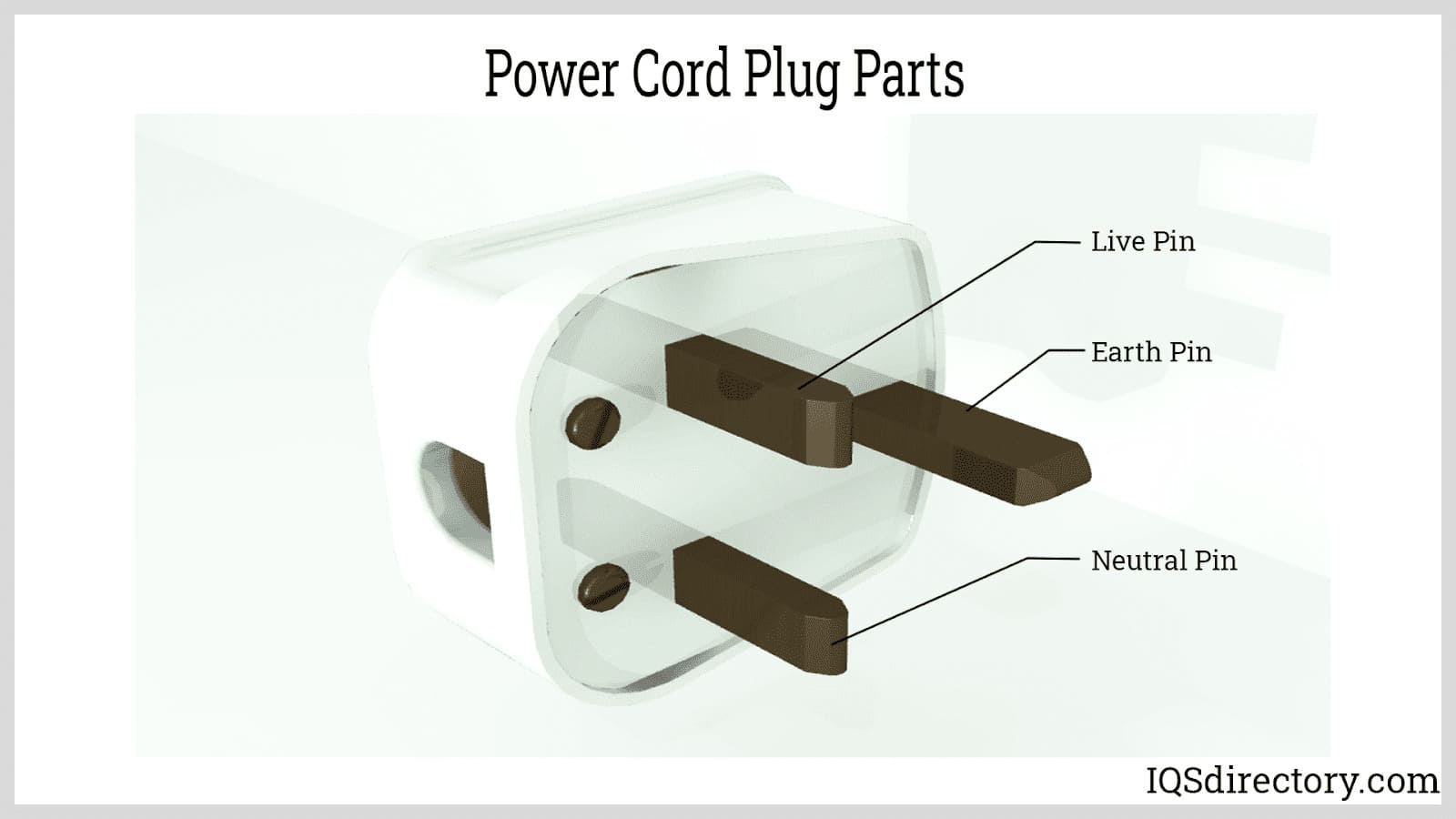
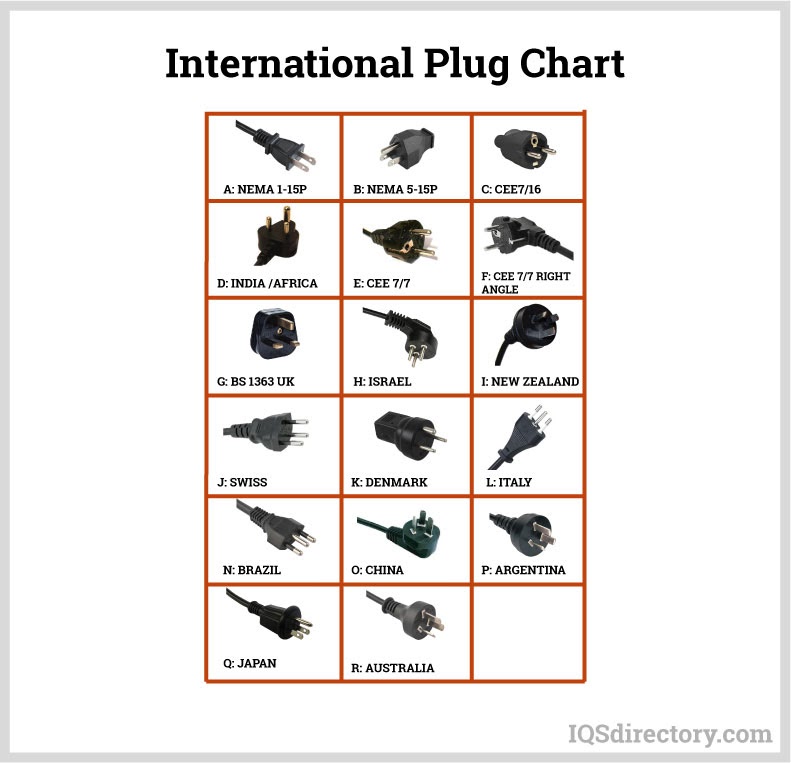
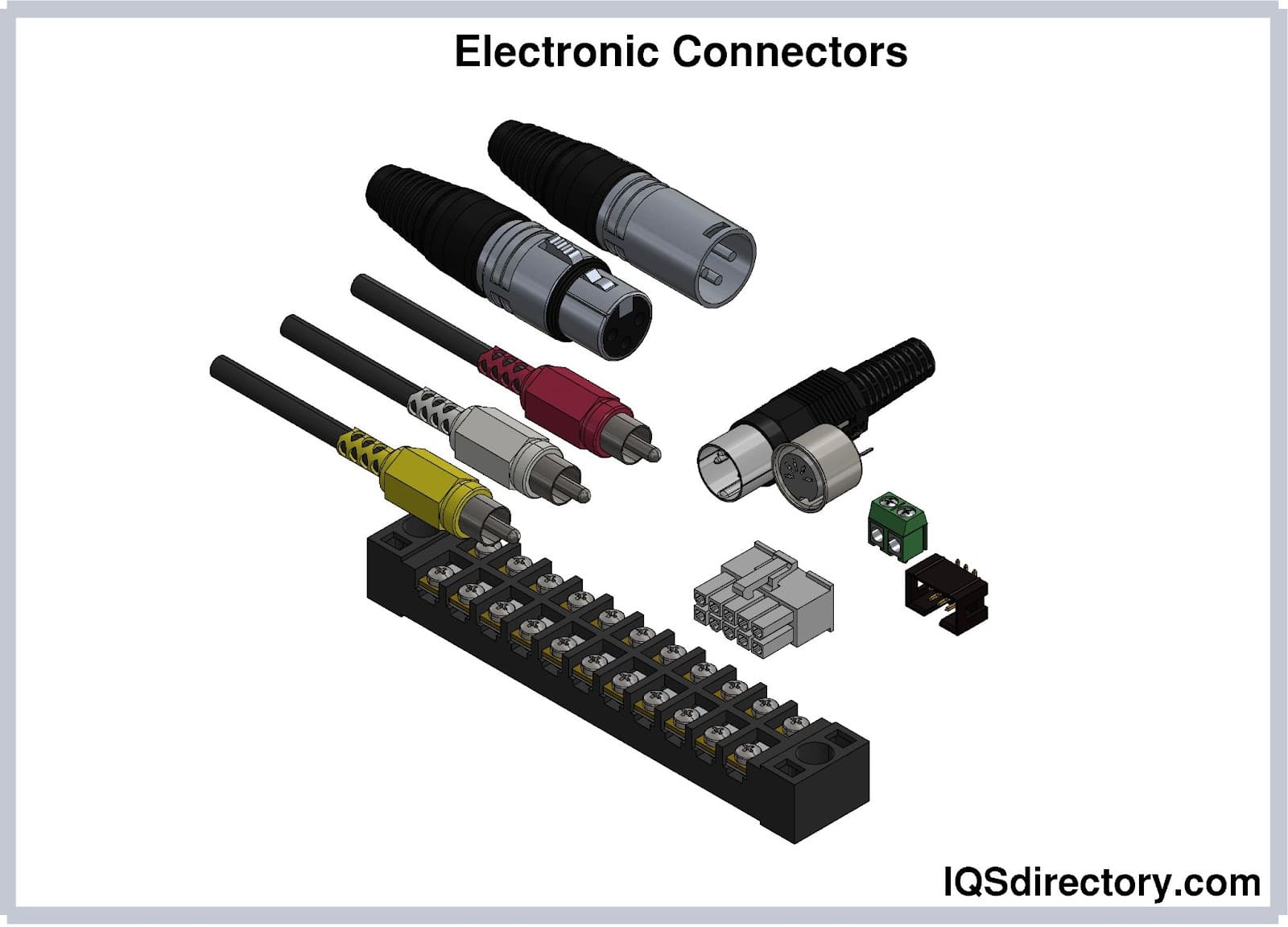
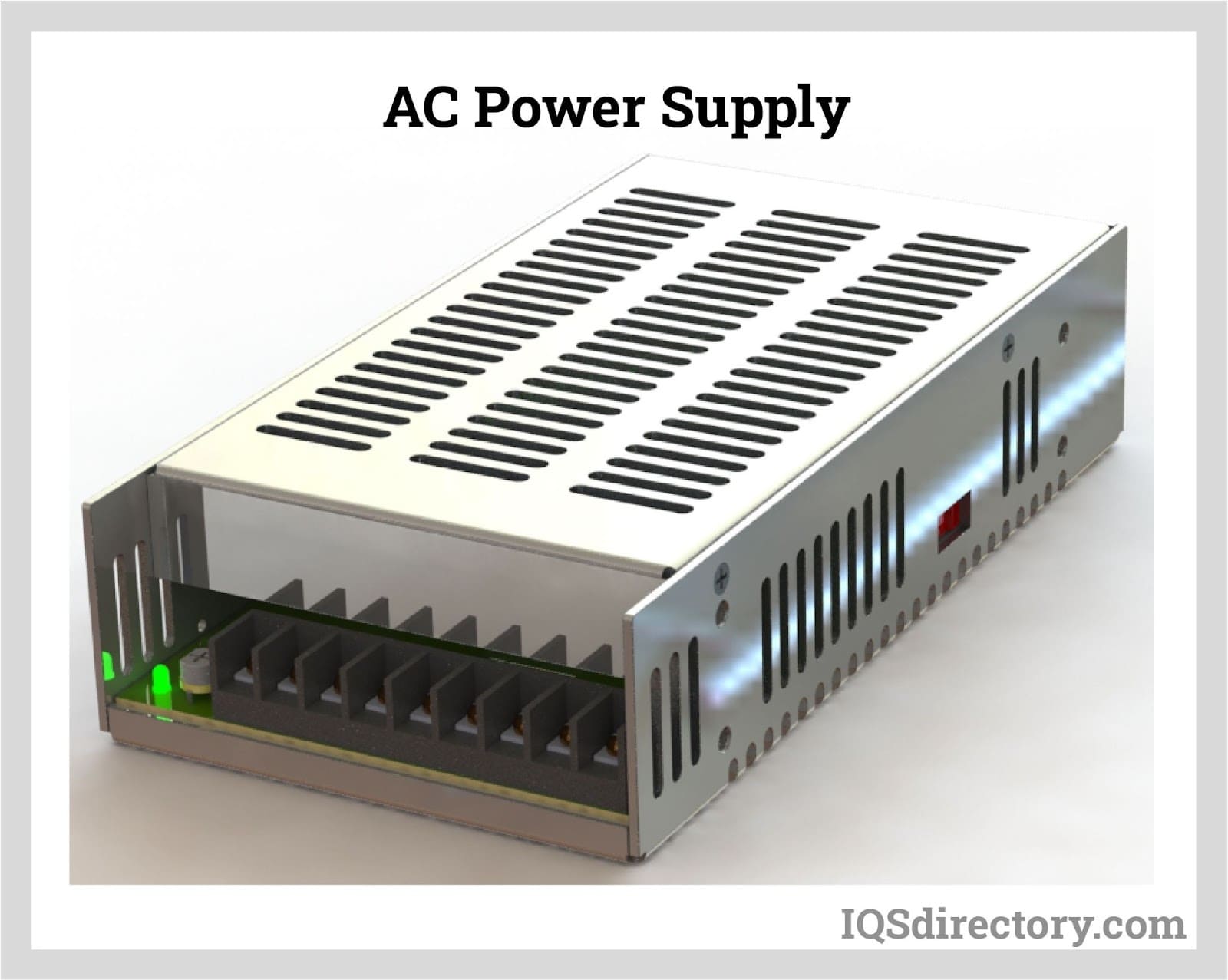
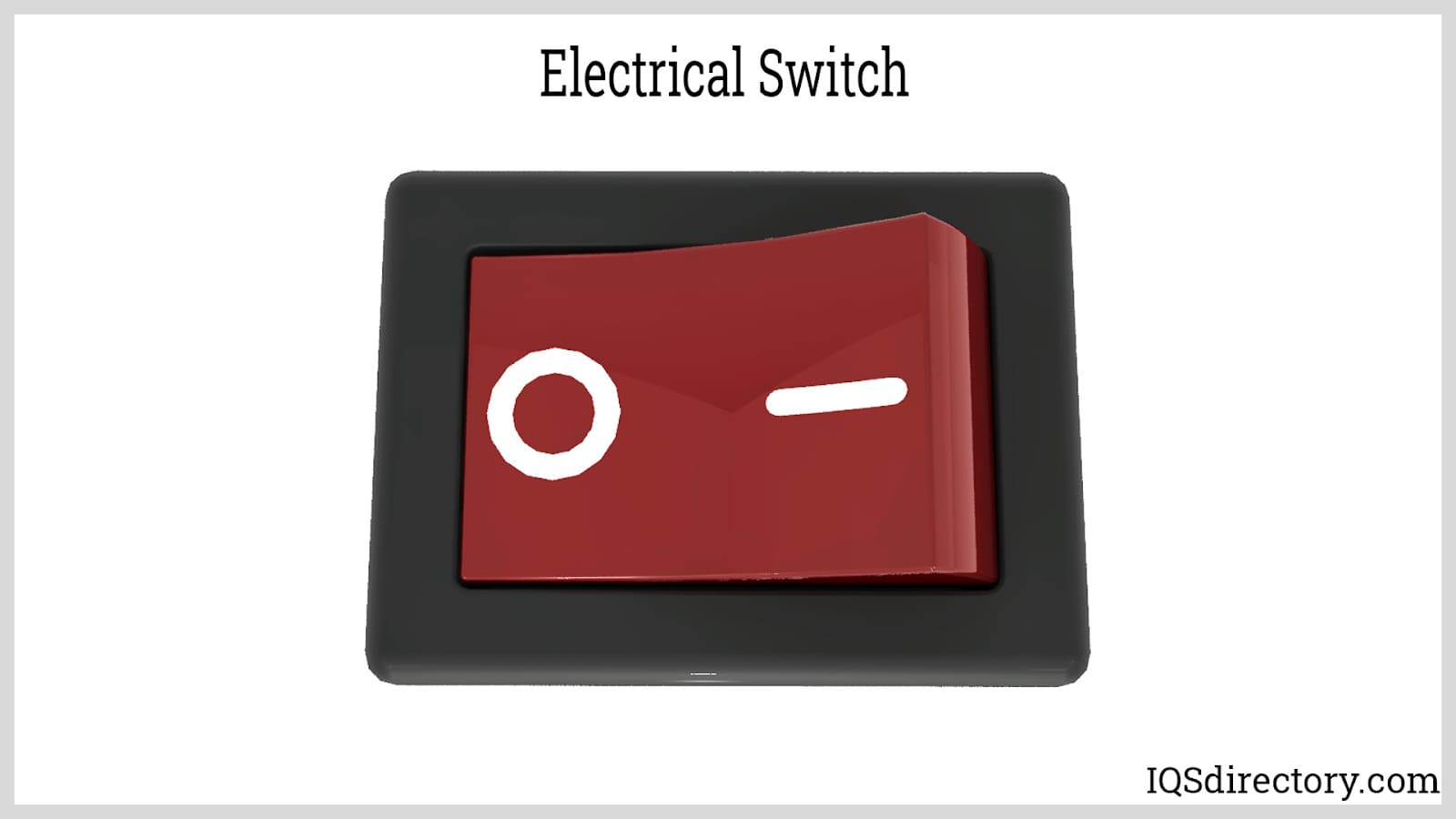
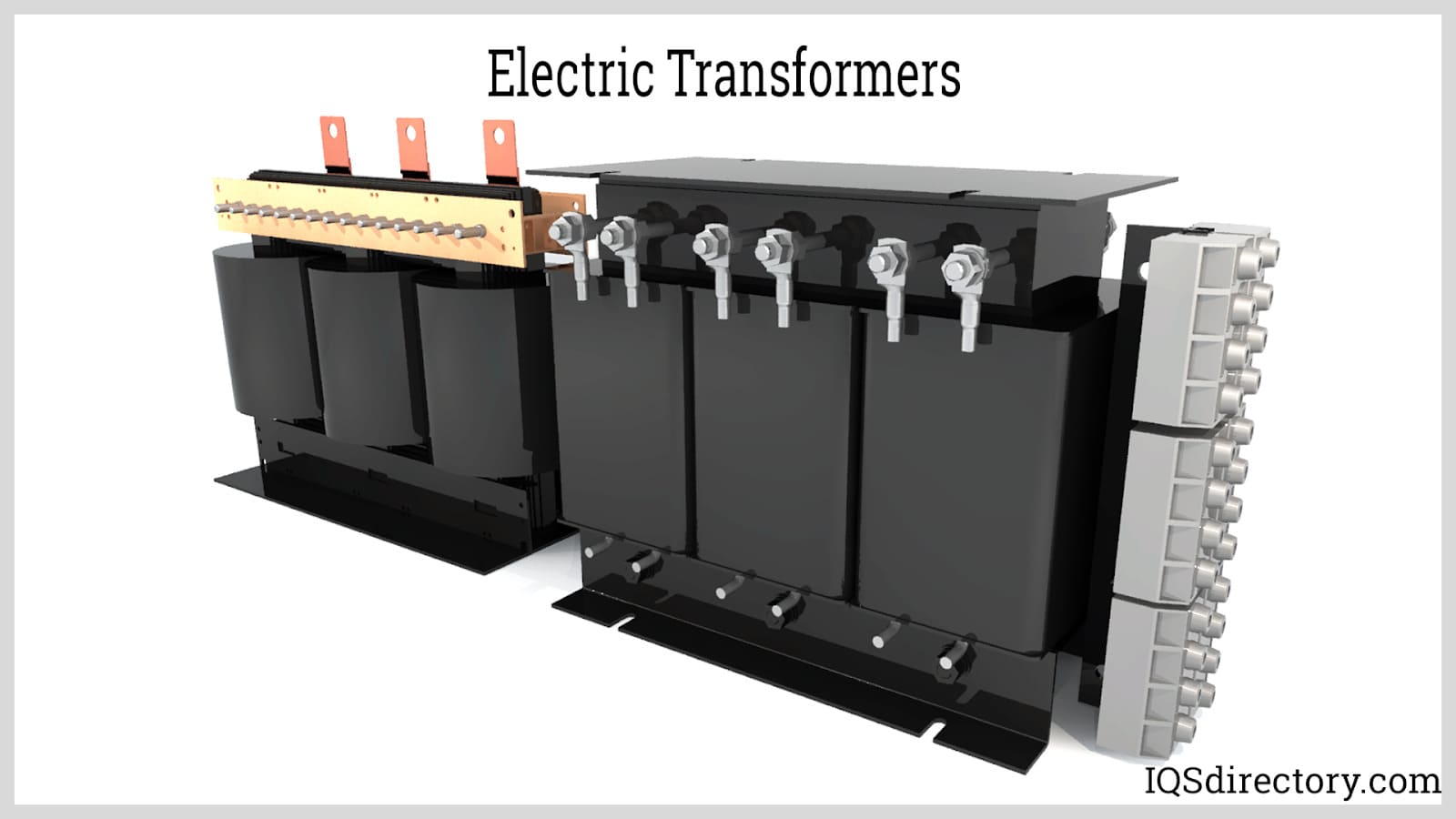
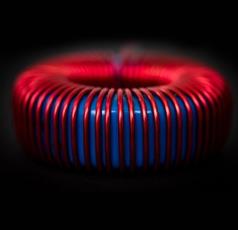 Electric Coils
Electric Coils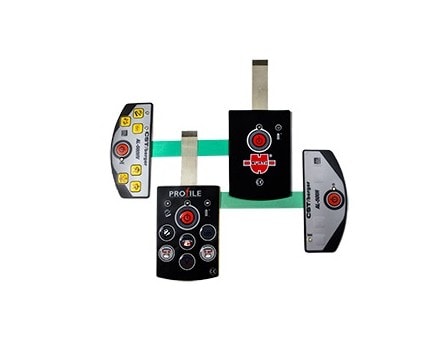 Electric Switches
Electric Switches Electric Transformers
Electric Transformers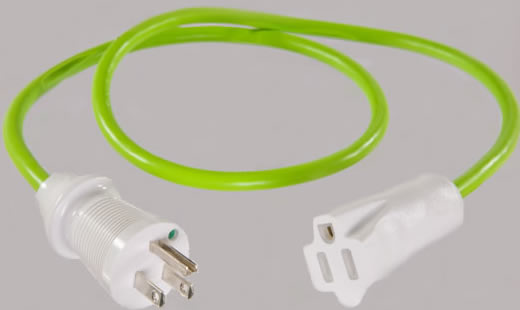 Electronic Connectors
Electronic Connectors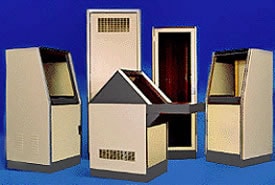 Electronic Enclosures
Electronic Enclosures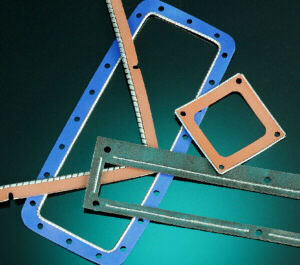 EMI Shielding
EMI Shielding Membrane Switches
Membrane Switches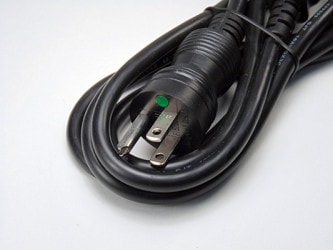 Power Cords
Power Cords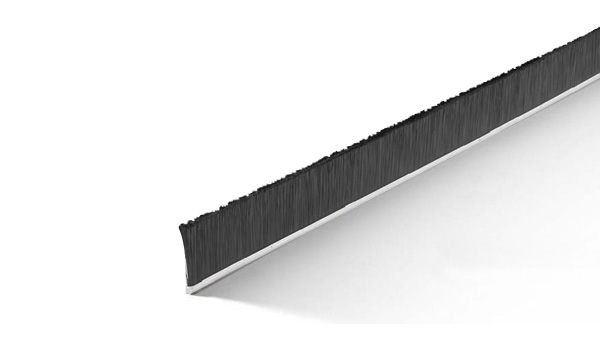 Static Eliminators
Static Eliminators Castings & Forgings
Castings & Forgings Bulk Material Handling
Bulk Material Handling Electrical & Electronic Components
Electrical & Electronic Components Flow Instrumentation
Flow Instrumentation Hardware
Hardware Material Handling Equipment
Material Handling Equipment Metal Cutting Services
Metal Cutting Services Metal Forming Services
Metal Forming Services Metal Suppliers
Metal Suppliers Motion Control Products
Motion Control Products Plant & Facility Equipment
Plant & Facility Equipment Plant & Facility Supplies
Plant & Facility Supplies Plastic Molding Processes
Plastic Molding Processes Pumps & Valves
Pumps & Valves Recycling Equipment
Recycling Equipment Rubber Products & Services
Rubber Products & Services